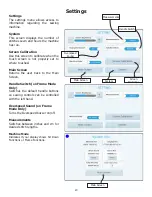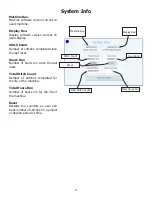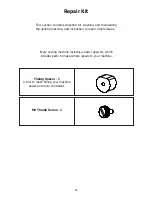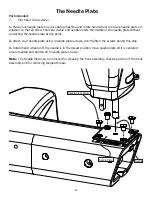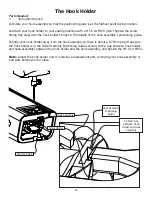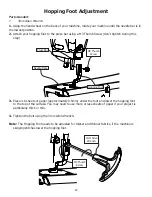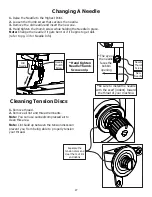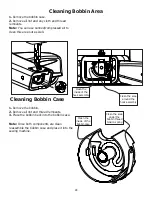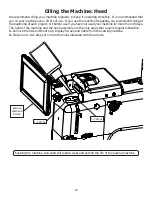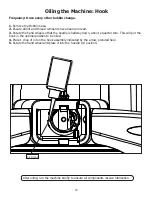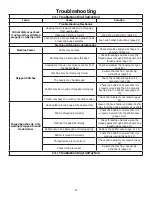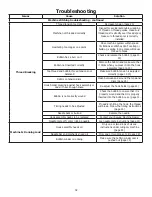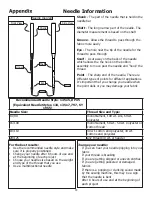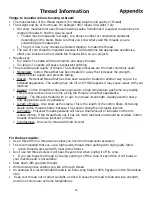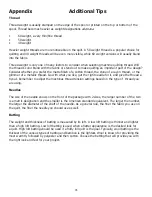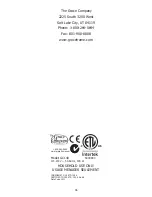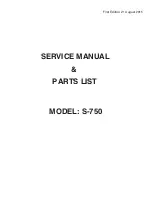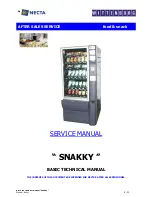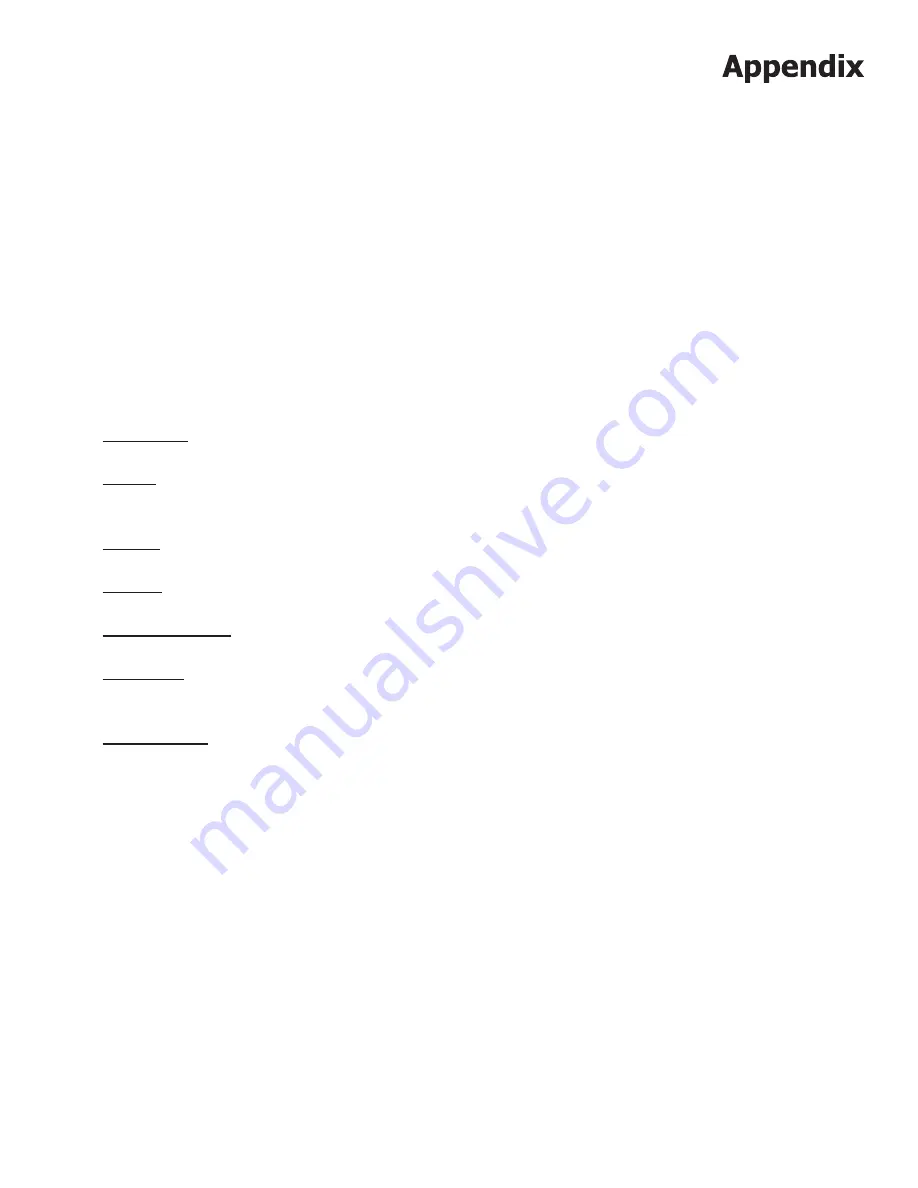
Things to consider when choosing a thread:
•
The manufacturer of the thread matters (for thread weights and quality of thread)
• The weight and ply of the thread. For example: 40/3 means 40 weight 3 ply
•
Not every manufacturer uses the same sizing scales. Sometimes it is easiest to examine and
compare threads to find the size you want
• Thread may be measured in weight, tex, denier, number or composition standards
depending on the brand. Make sure that you know what scale the threads you are
considering are measured by
• The ply is how many strands are twisted together to make the thread
• The size of your thread is important because it will determine the appropriate needle size,
effect your tension and how visible the thread will be on you projects
• Needle sizes
• Too small of a needle will shred medium and heavy threads
• Too large of a needle will cause inconsistent stitching
•
The processing and quality of thread. The following processes are the most commonly used:
• Mercerized - Cotton thread that has been treated in a way that increases the strength,
improves color quality and prevents fading.
• Glazed - Mercerized thread that has then been waxed or treated in another way to give it a
polished appearance. The coating may rub off and if this happens it may cause issues with your
machine
• Gassed
- Cotton thread that has been exposed to a high temperature gas flame very rapidly.
This process removes fuzz and lint, giving the thread a smoother appearance.
• Bonded - The thread is treated with a resin to increase its strength. Usually used for heavy-
duty applications such as upholstery
• Length of Fibers
- Also know as the staple. This is the length of the cotton fibers. Extra-long
staple cotton thread is better because it has better strength and creates less lint.
• Lubricants - Polyester threads generally will have a small amount of lubricant on them to
reduce friction. If the thread feels oily it has too much lubricant and should be avoided. Cotton
threads should not have lubricant on them
• Colorfastness - How well a thread will hold its color
Thread Information
For the best results:
• Use a thread from a thread cone unless you have the thread spool accessory
•
It is recommended that you use a high quality thread when quilting with high quality fabric
• cotton thread works well with most cotton fabrics
• Don’t use old thread unless it will pass the yank test when pulling it off its cone.
• If you can break the thread by sharply yanking it off the cone or spool then it will break in
your machine and is not suitable
•
Slow down with specialty threads
• Write down tension settings you like with each thread
•
An example of a recommended thread is an Extra-Long Staple 100% Egyptian Cotton Mercerized
40/3
• Keep your thread out of direct sunlight, as this will cause the thread to fade and lose strength,
and do not store near extreme temperatures
34

